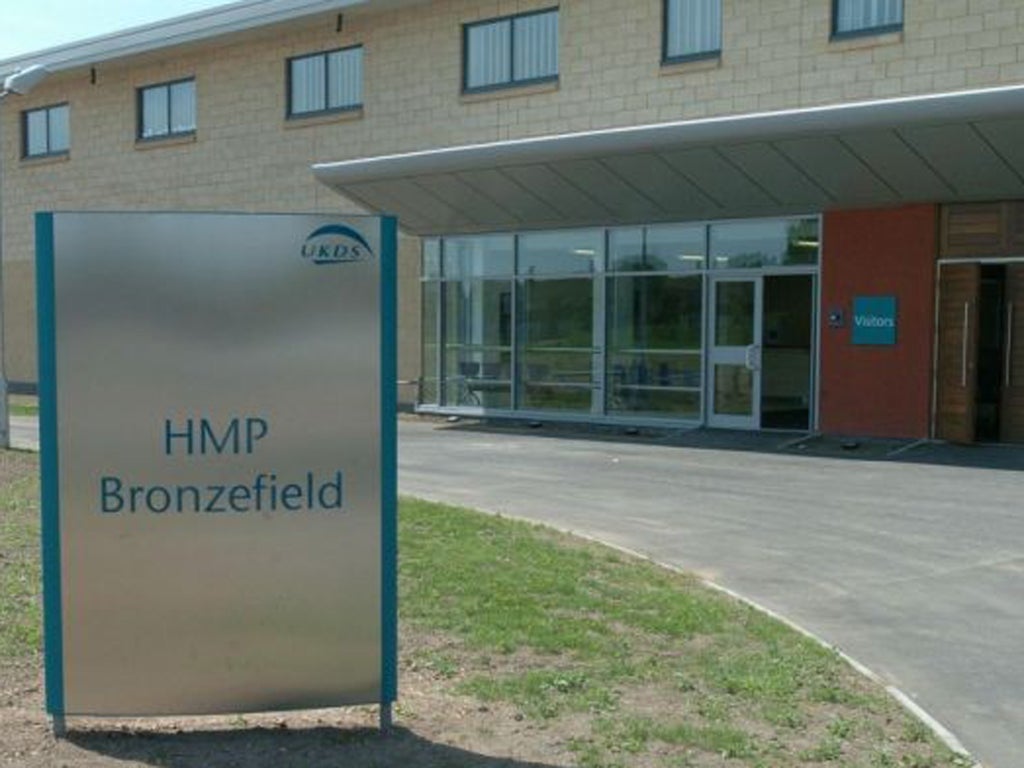
Almost seven in 10 women at a scandal-plagued prison are being placed at risk of homelessness due to being forced to leave jail without safe and stable housing to go to, inspectors have found.
A damning report into HMP Bronzefield, a private prison, warned issues with female prisoners not being properly supported for their release are compounded by an “ongoing staff shortage” in the jail.
HM Inspectorate of Prisons’ report into Bronzefield, Europe’s largest women’s jail, comes after a newborn baby recently died after her mother gave birth alone in a cell at the prison.
Charlie Taylor, chief inspector of prisons, said: “Without stable, safe accommodation many women are liable to have mental health relapses, return to substance misuse and become involved in crime on release, creating more victims and, at great cost to the taxpayer, repeating the cycle and undoing the good work of the prison.”
Mr Taylor added: “They will inevitably be disappointed with the scores in this inspection which have declined in the areas of respect and rehabilitation and release planning, but there is much to build on after a difficult two years.”
The inspection of Bronzefield, which also houses female young offenders, found a shortage of pharmacy staff resulted in delays in prisoners receiving their medication - with the independent inspectorate also finding medicine is kept in a disorderly fashion.
Meanwhile, inspectors discovered there were too many women being held in jail as a so-called “place of safety” for acute mental health issues - adding that this is “a phenomenon which is particularly common in female prisons”.
Peter Dawson, director of the Prison Reform Trust, said: “Despite impressive work in some areas, so many of the problems documented in this report are simply beyond the scope of one prison to solve.
“Too many women with serious mental health problems are entering prison instead of treatment and care in the community. And too many women are leaving prison without stable accommodation.
“The government already has a female offenders strategy which, if properly resourced and backed with a detailed plan for implementation, would go some way to fixing these problems. Vulnerable women in prison need more than warm words from ministers. They need them to deliver on their promises.”
A previous report by the Prison Reform Trust found that 80 per cent of women in jail were there for non-violent offences, while Ministry of Justice data shows almost half of all female prisoners in England and Wales say they committed their offence to support the drug use of someone else.
Dr Jenny Earle, of the Safe Homes for Women Leaving Prison initiative, argued the problem of female prisoners “being released into various kinds of homelessness has been a running sore for years”.
She added: “The government is presiding over systemic failure which continues to see vulnerable women released from custody with nothing but a small discharge grant and a plastic bag; this ruinous system sets them up for failure and leaves them vulnerable to harm and to reoffending.
“That one woman felt forced to spend two nights in the prison gatehouse on release shows just how serious this is – the loss of liberty preferable to the risks of destitution.”
Dr Earle warned “teams of housing and resettlement workers have been slashed by budget cuts and new commissioning arrangements”.
Inspectors did discover some positive findings, with almost three quarters of inmates who see themselves as having a mental health condition saying they were being “decently cared for”.
A spokesperson for the Ministry of Justice said: “We are preventing homelessness by providing temporary accommodation to prison leavers without a home to go to as part of our £550 million plans to cut crime and we’ve already seen the rate of prisoners homeless on release fall by 28 per cent.
“The number of women going to prison in the first place has also fallen by a third since 2018 as part of our efforts to divert vulnerable women into community services, drug rehabilitation and women’s centres.”







